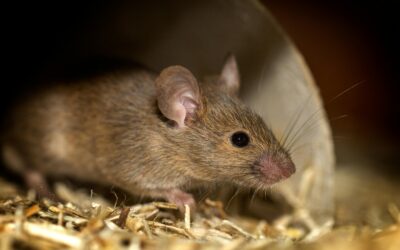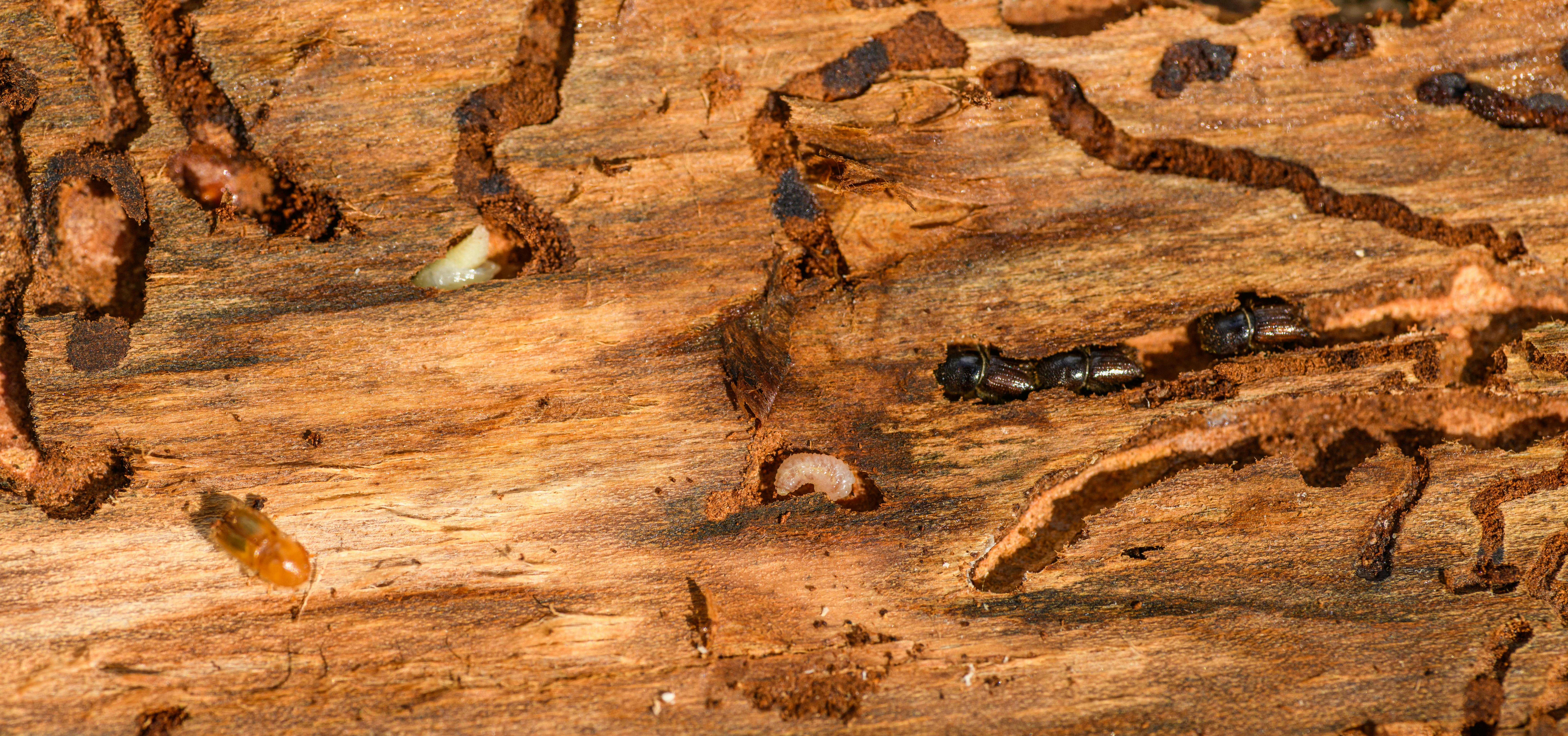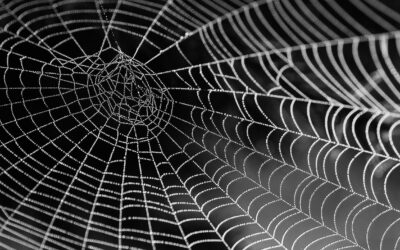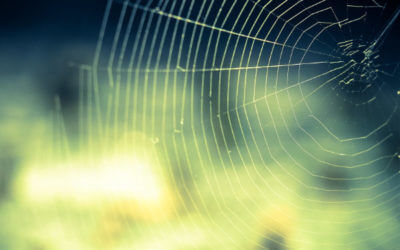
How to Safely Deal with a Brown Recluse
It’s rare to find a person who enjoys spotting a spider inside their home.
For most people, encountering spiders in the home can be unsettling, especially when dealing with potentially harmful species like the brown recluse.
There are a few strategies you can explore in order to safely manage the presence of brown recluse spiders, and prevent them from entering your living space in the future.
What does a brown recluse spider look like?
Brown recluse spiders are easily identifiable by their distinct appearance.
They’re usually light to medium brown in color, with a unique violin-shaped marking on their bodies. You may not be close enough to a brown recluse to identify this marking, but you may be able to note that the segments of their bodies are different shades of brown. Typically, their bodies are lighter brown, while the violin-shaped marking is darker.
There are a few types of spiders that are commonly mistaken for brown recluses. These might include wolf spiders and grass spiders, both of which are much larger than brown recluses. Wolf spiders are capable of biting humans– and will do so if you get too close to them– but their venom isn’t particularly dangerous to humans, although it may be painful.
Are brown recluses dangerous?
Brown recluses are more than just annoying. They are potentially harmful to humans because of their venomous bite.
The substances in their venom can lead to necrotic skin lesions– a condition known as loxoscelism. Enzymes in the venom break down cell membranes, causing tissue damage around the site.
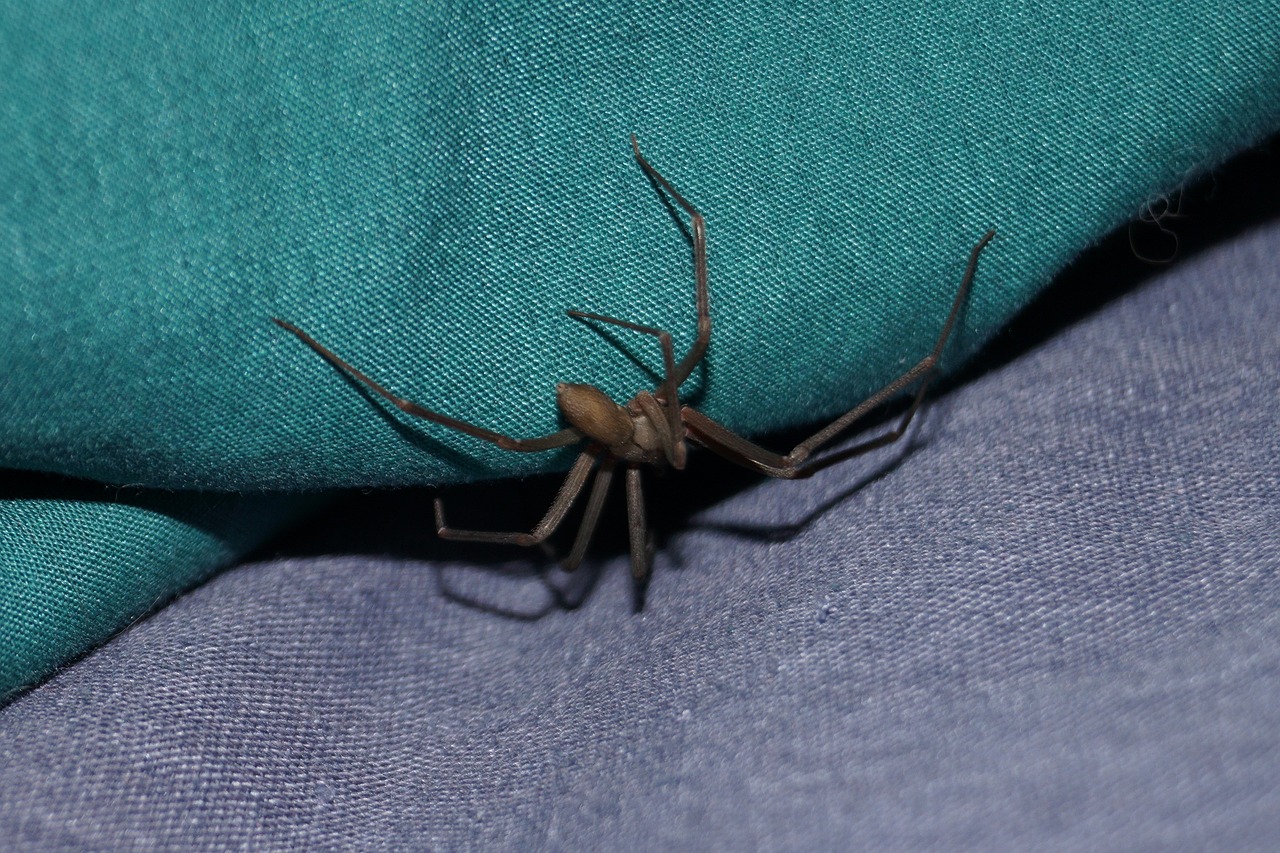
What are the symptoms of a brown recluse bite?
At first, a brown recluse spider bite will be painful and itchy, and noticeably red. Within hours, or days, the affected area may develop a necrotic ulcer, surrounded by redness.
In severe cases, people may also experience fever, chills, and nausea. Please note that not all brown recluse spider bites will lead to severe symptoms. Many bites will only cause mild irritation and will resolve without major consequences. Individuals react to spider venom differently.
If you have been bitten by a brown recluse spider, we’d recommend seeking medical attention, especially if your symptoms worsen or if you’re experiencing fever, chills, or nausea. Medical professionals will care for the wound to allow it to heal as quickly as possible.
What to do if brown recluse spiders are in your home
True to their name, brown recluse spiders choose to live away from humans in secluded areas like closets, basements, and attics. They can be found in cardboard boxes, under furniture, and in hidden corners.
In order to prevent and control the presence of brown recluse spiders, regular vacuuming is very effective. Be sure to pay attention to corners, behind furniture, and other secluded areas without a lot of foot traffic. If you do capture any spiders, be sure to clean the vacuum canister promptly in order to eliminate any captured spiders.
You may also be able to capture brown recluse spiders by using glue traps in areas where they are likely to live. These traps capture spiders without chemicals.
Professional pest control
Because brown recluse spider bites have the potential to be harmful to humans, we’d recommend seeking professional pest control to deal with their presence in your living space.
Pest control professionals will thoroughly inspect your home for evidence of brown recluses and then develop a customized treatment plan that takes into account the severity of the infestation, the layout of the home, and other specific conditions that may affect spider activity.
They may then use insecticides and dust formulations that are specially designed to deal with brown recluse spiders, targeted in areas where spiders have been spotted or are likely to be present. Pest control professionals will focus on cracks and crevices where the spiders are likely to hide.
If you’ve spotted brown recluse spiders in your home and aren’t sure what to do next, don’t panic. The experts here at West Termite and Pest are here to help. Reach out for a free consultation today, and we’ll do our best work to get your home spider-free.
More posts from West Termite, Pest & Lawn
Hidden Pests? Signs & Prevention Tips
Pests can invade your home quietly, causing damage long before you notice their presence. Early detection is crucial to preventing a full-blown infestation that could affect your property and health. So, how can you tell if you have a hidden pest problem? The top...
The Hidden Dangers of Termites
Termites may be small, but the damage they cause can be devastating. These silent destroyers can wreak havoc on your home or business, often without any visible signs until it’s too late. Understanding the hidden dangers of termites is crucial for protecting your...
Spiders as Pest Control
Spiders are often seen as unwelcome guests in homes, but did you know they can actually serve as a natural form of pest control? These eight-legged creatures play a crucial role in keeping the population of other pests in check, such as flies, mosquitoes, and even...

